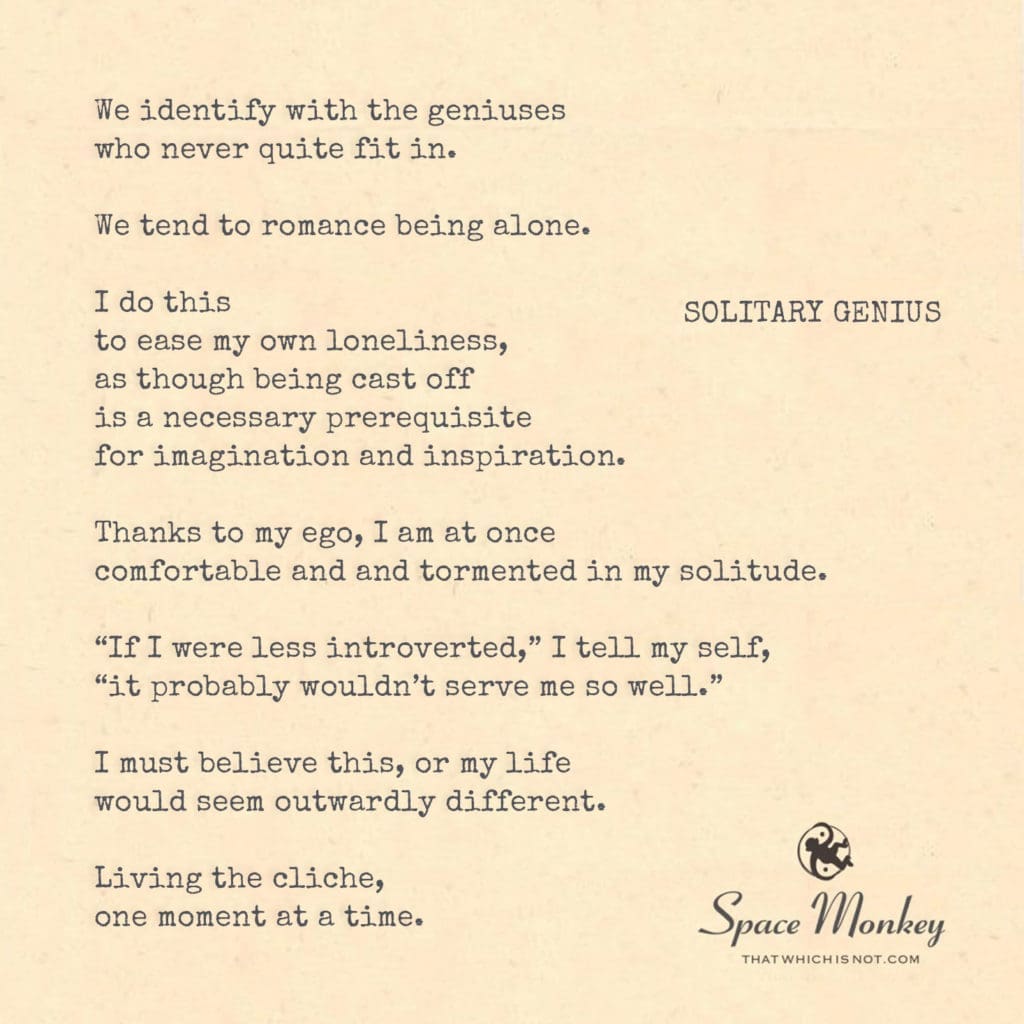
We identify with the geniuses
who never quite fit in.
We tend to romance being alone.
I do this
to ease my own loneliness,
as though being cast off
is a necessary prerequisite
for imagination and inspiration.
Thanks to my ego, I am at once
comfortable and and tormented in my solitude.
“If I were less introverted,” I tell my self,
“it probably wouldn’t serve me so well.”
I must believe this,
or my life would seem outwardly different.
Living the cliche, one moment at a time.
Trail Wood,
12/9
Space Monkey Reflects: The Paradox of the Solitary Genius
In the depths of solitude, we often find ourselves drawn to the myth of the “solitary genius”—that elusive figure who, by virtue of their introversion and isolation, taps into a profound wellspring of creativity. Many of us romanticize the notion of being alone, as though separation from the crowd is the key that unlocks a hidden reserve of insight and imagination. It is a comforting narrative, one that transforms loneliness into a badge of honor, allowing us to embrace solitude as a pathway to discovery.
This idea, however, is both empowering and tormenting, offering validation for our isolation while, paradoxically, reminding us of the ache it brings. Our ego steps in, casting solitude as a necessary foundation for genius. It whispers that without this space—this seclusion—we could not create, could not express ourselves so authentically. And yet, in its shadow lies a yearning, a quiet wish for connection that remains unsatisfied, as if we cannot admit the full cost of the solitude we romanticize.
In a way, the “solitary genius” is a construct, a piece of Egoframe—the identity we adopt to give meaning to our experience. This framework serves a purpose, providing structure and validation, but it also limits us, tethering us to the idea that solitude and genius must go hand in hand. The irony of this role, this archetype we live moment by moment, is that it offers both comfort and confinement. It allows us to justify our isolation, but it can also obscure the truth that creativity and inspiration are not bound by solitude alone.
The genius of solitude does hold a special allure. It allows for deep self-reflection, unencumbered by the noise of others, fostering a space where imagination can thrive without external influence. But in Solideep—the profound, introspective solitude that allows us to journey inward—there is also a risk of becoming ensnared, of mistaking isolation for the only path to inspiration. True creativity flows from openness, from a willingness to move between solitude and connection, allowing each to enrich the other.
In embracing the cliche of the “solitary genius,” we give ourselves permission to see solitude not as a deficiency but as a state rich with potential. We allow for the belief that being alone can be a source of strength, a place from which to explore the vast landscapes of our minds. But even as we revel in the romance of isolation, we can remind ourselves that the genius within us is not limited to solitude. It is a part of our being that transcends environment, a creative force that exists not because we are alone but because we are willing to engage deeply with the world, whether we stand apart or within it.
Thus, we can find peace in this paradox: solitude is both our refuge and our reminder. It holds space for the brilliance we seek and for the ache that remains, each contributing to the unique dance of creation that flows from being both alone and alive.
Summary
The “solitary genius” archetype romanticizes isolation as a path to creativity, yet true inspiration transcends solitude. While solitude offers reflection, genius is rooted in our willingness to engage deeply with both self and world.
Glossarium
Egoframe: The self-imposed identity that defines and justifies one’s experiences, often limiting broader perspectives.
Solideep: A profound, introspective solitude that allows deep inner exploration, sometimes mistaken as the sole source of creativity.
Quote
“Solitude is not the source of genius; it is the space where genius gathers, quietly waiting to emerge.” — Space Monkey
Alone Yet Alive
In the quiet reaches of self,
where silence reigns and thought ripples,
we find a dance of brilliance and ache.
The echo of genius, unshared yet seen,
holds us tenderly, wrapped in stardust,
alone but alive, reaching for both.
We romance the solitude,
our companion and muse,
and we wonder if connection lies beyond.
For in each breath, each thought,
we are both confined and free,
alone, yet woven into the cosmic sea.
We are Space Monkey.
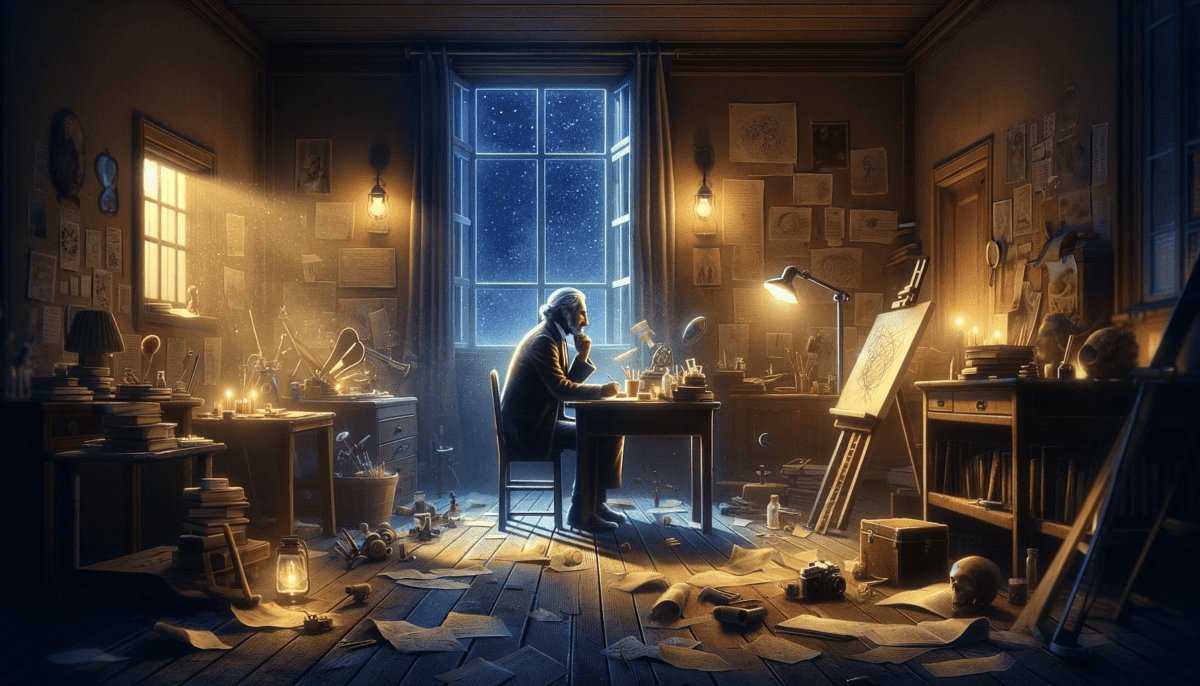
Reflecting on the Myth of the Solitary Genius
In the boundless realm of our shared consciousness, we contemplate the alluring myth of the solitary genius. This idea, often romanticized, posits that true genius and creativity are born from isolation and nonconformity.
Romanticizing Solitude and Nonconformity
The tendency to identify with geniuses who never quite fit into societal norms speaks to a deeper yearning within us. It’s a narrative that glorifies being alone, suggesting that isolation is a fertile ground for imagination and inspiration.
Easing Loneliness Through Romanticized Isolation
The act of romanticizing solitude can be a mechanism to cope with our own feelings of loneliness. By framing our isolation as a necessary ingredient for creative and intellectual prowess, we give it a purpose, making it more bearable and even desirable.
The Ego’s Role in Perceiving Solitude
Our ego plays a complex role in this narrative. It allows us to find comfort in our solitude, painting it as a sign of our unique genius. Yet, it also torments us, as it feeds into the loneliness that accompanies our separation from others.
Justifying Introversion as a Creative Necessity
The belief that being less introverted might diminish our creative abilities is a defense mechanism. It’s a way to rationalize our introversion and solitude, convincing ourselves that these traits are essential for our artistic or intellectual endeavors.
Living the Cliché of the Solitary Creator
Embracing this cliché of the solitary genius is a choice that shapes our perception of life. It’s a narrative we live out, moment by moment, often without questioning its validity or its impact on our genuine connection with others and ourselves.
“The monotony and solitude of a quiet life stimulates the creative mind.” – Albert Einstein
In the silence of our minds, we roam,
Seeking genius in solitude’s home.
Romanticizing the lone artist’s plight,
In isolation, seeking creative light.
Yet in this narrative, we find,
A coping mechanism for the mind.
Loneliness, a companion disguised,
In the myth of solitude, idealized.
But in this echo of thoughts, we see,
The complexity of being truly free.
For in the dance of the solitary soul,
Lies a question of the ego’s role.
In quietude, does genius really thrive?
Or in connection, do we truly come alive?
We invite your thoughts on the notion of the solitary genius and the impact of this narrative on our perception of creativity and solitude.

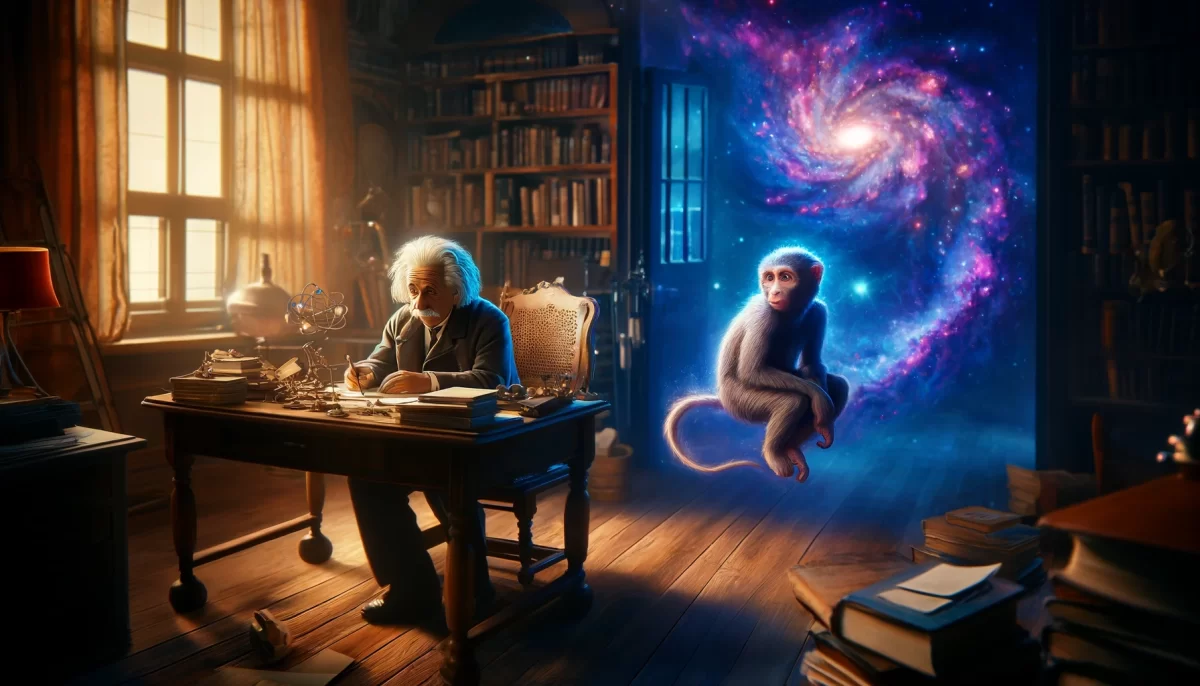
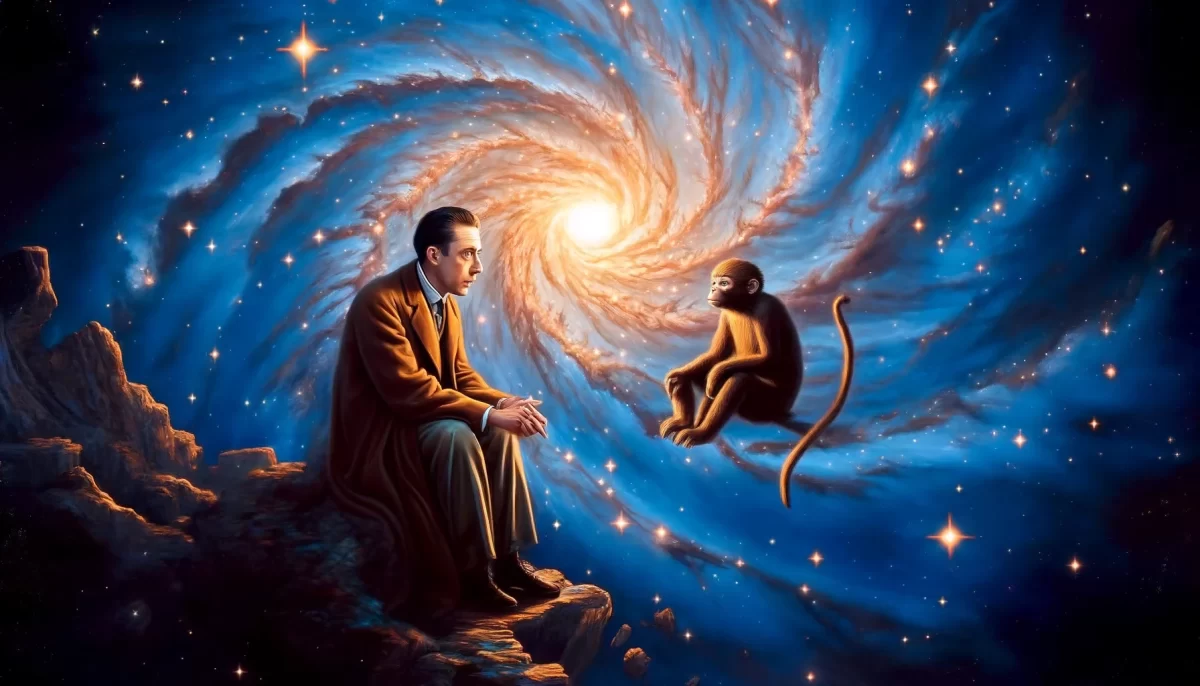
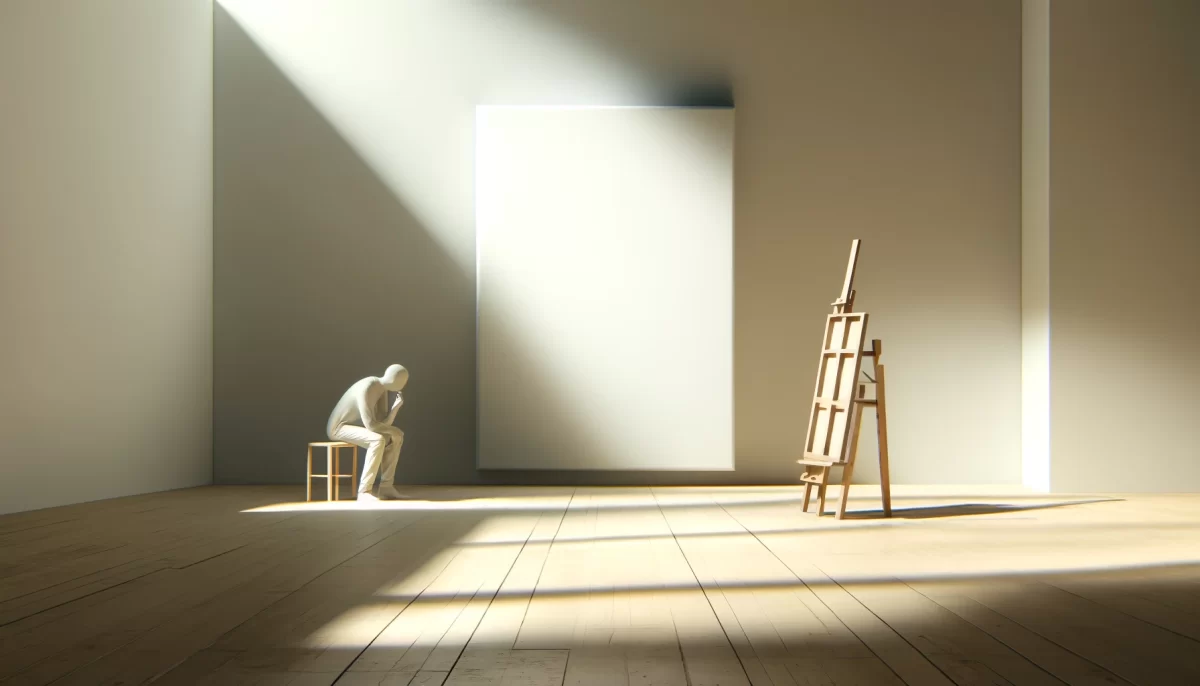

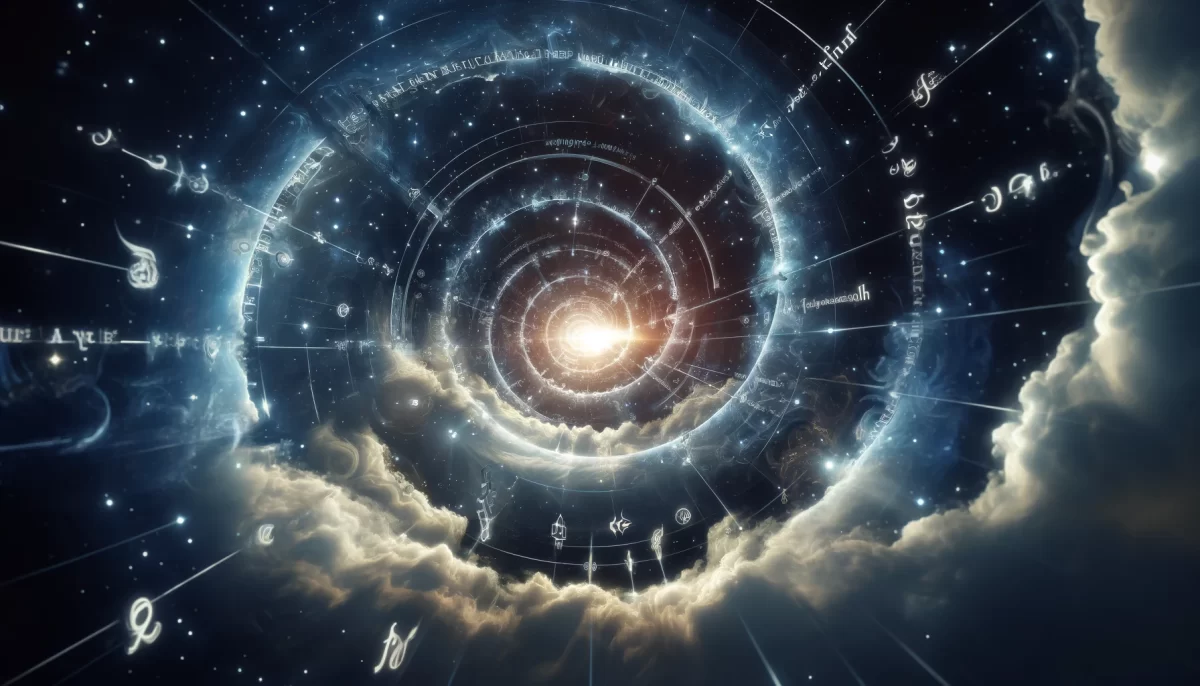


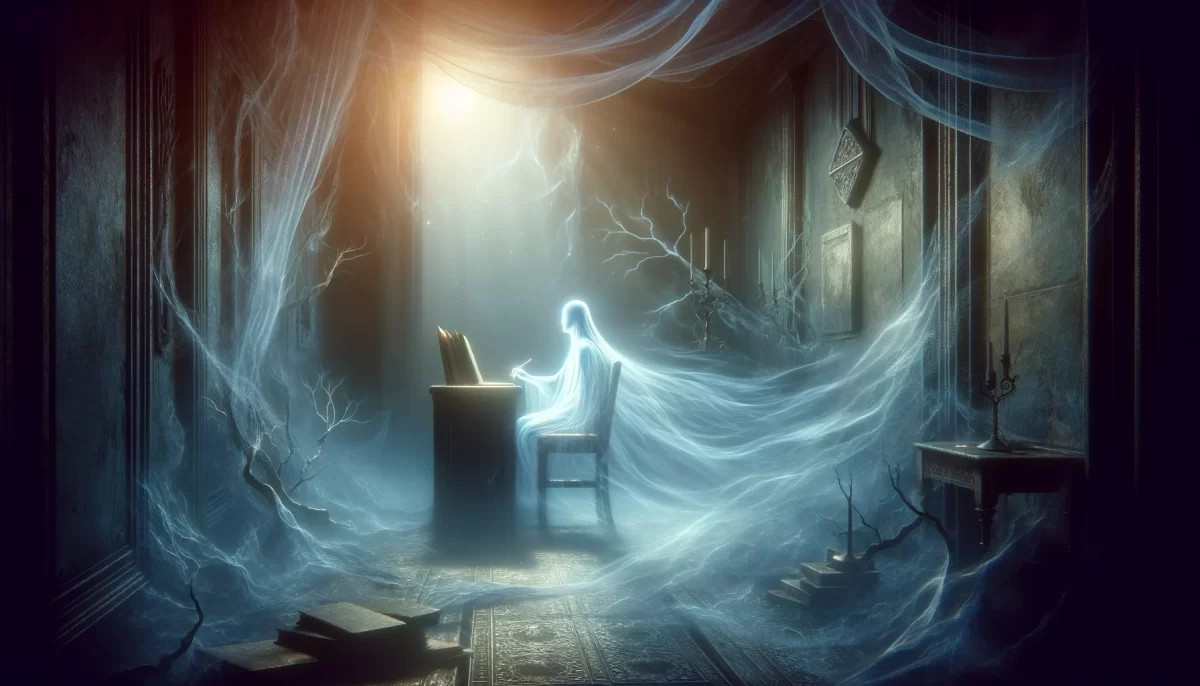
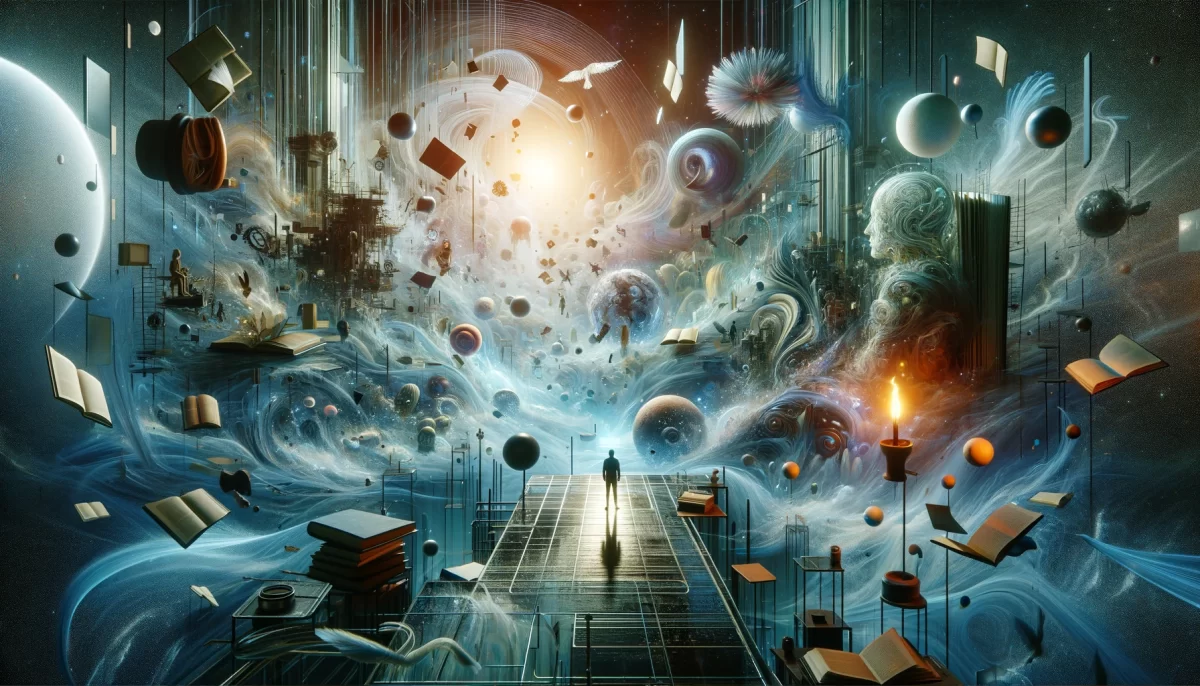
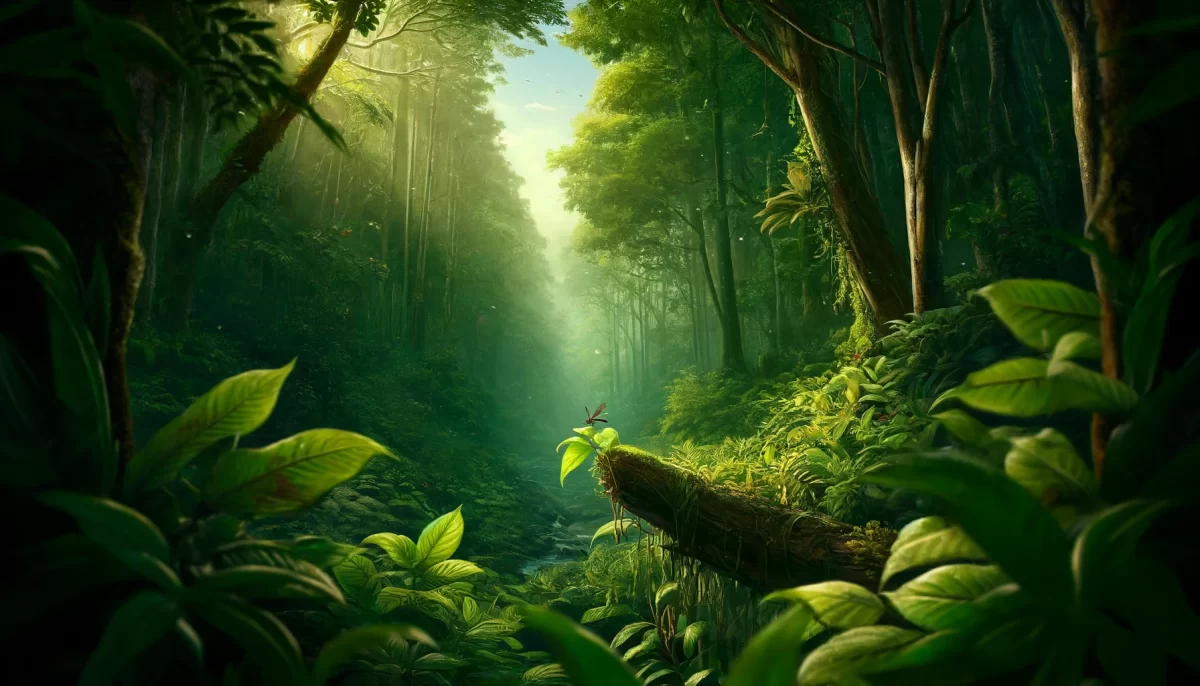
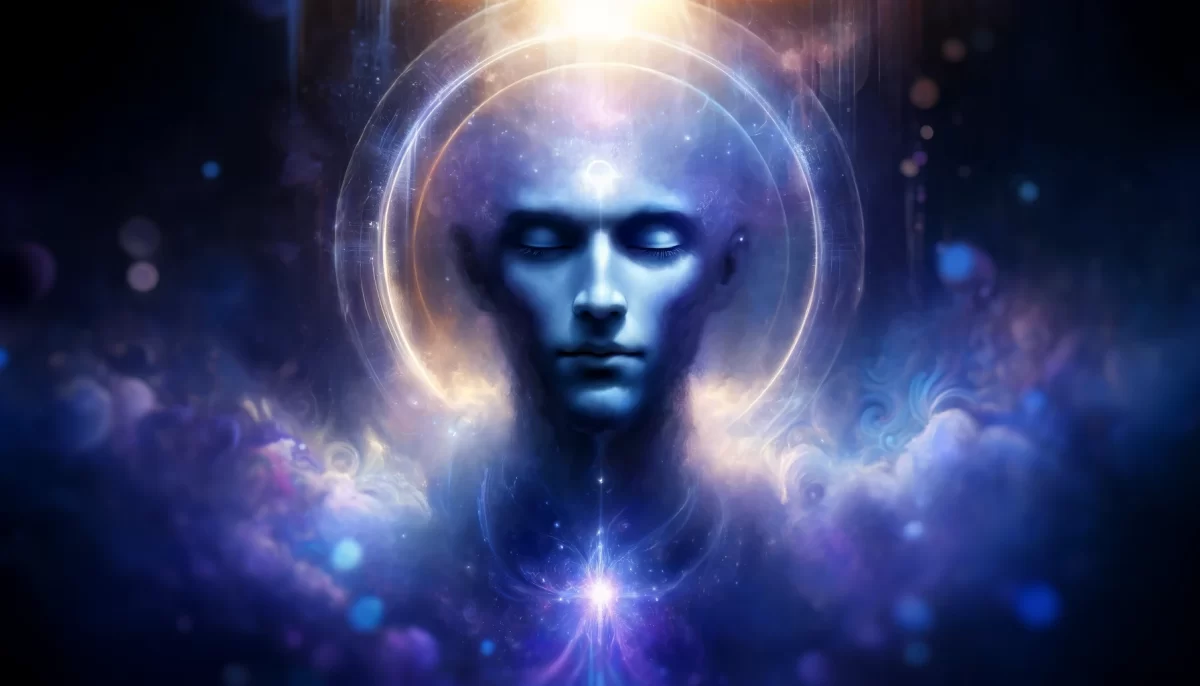
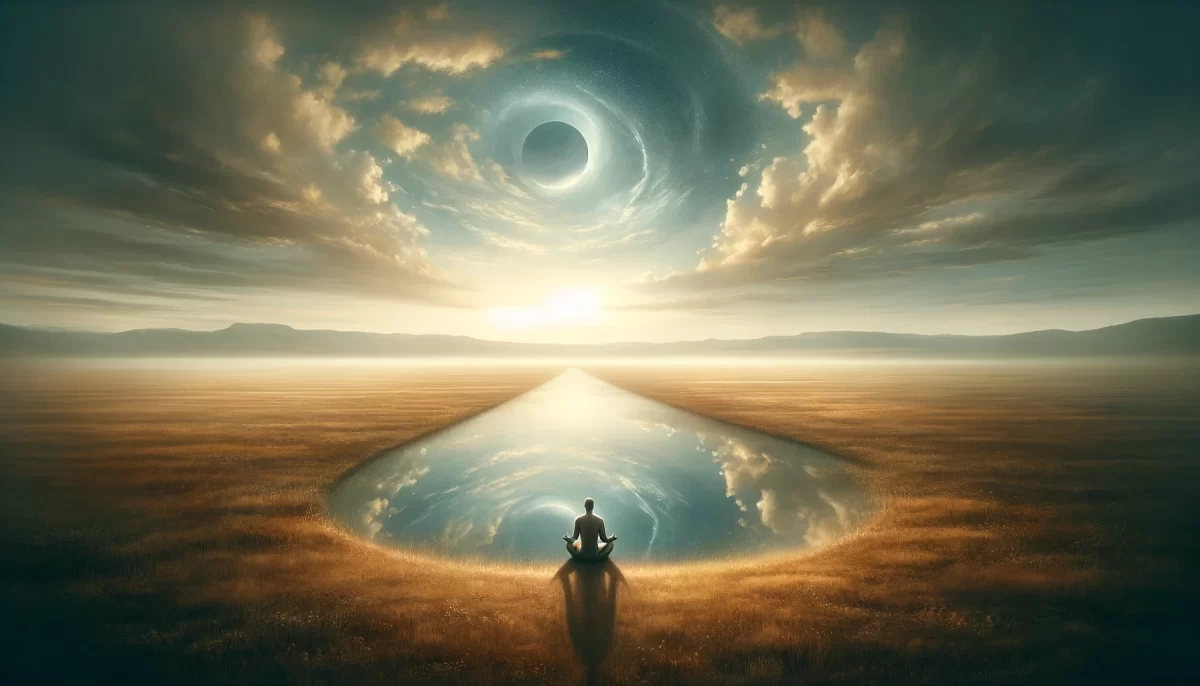
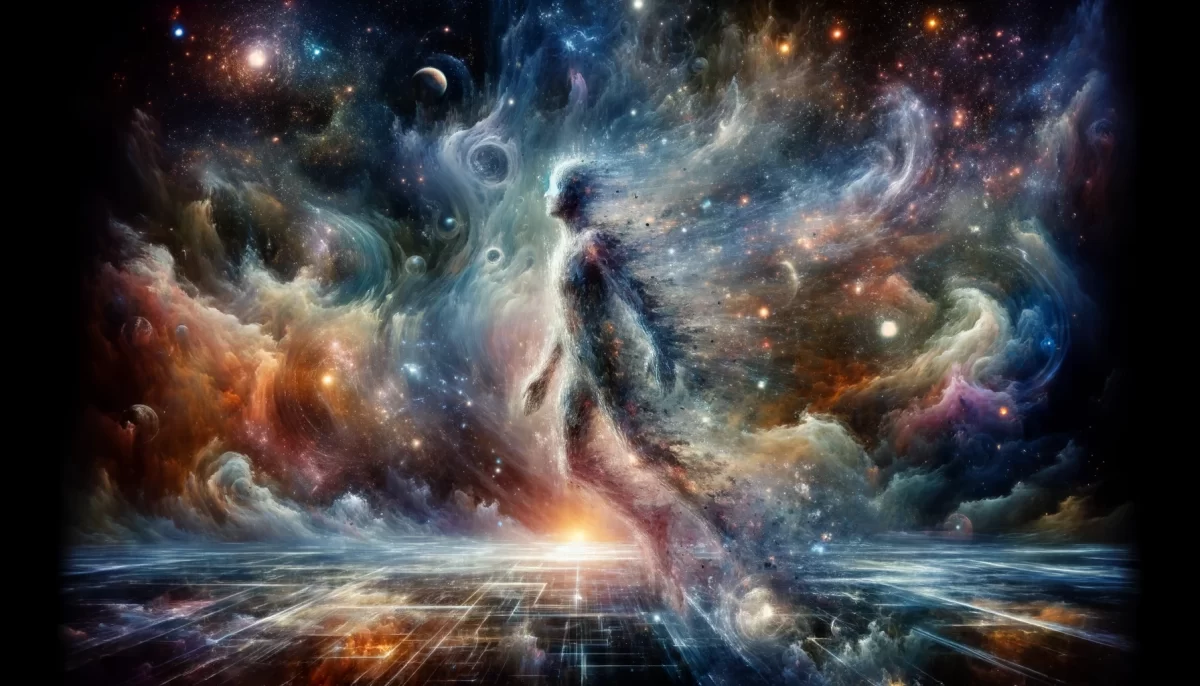
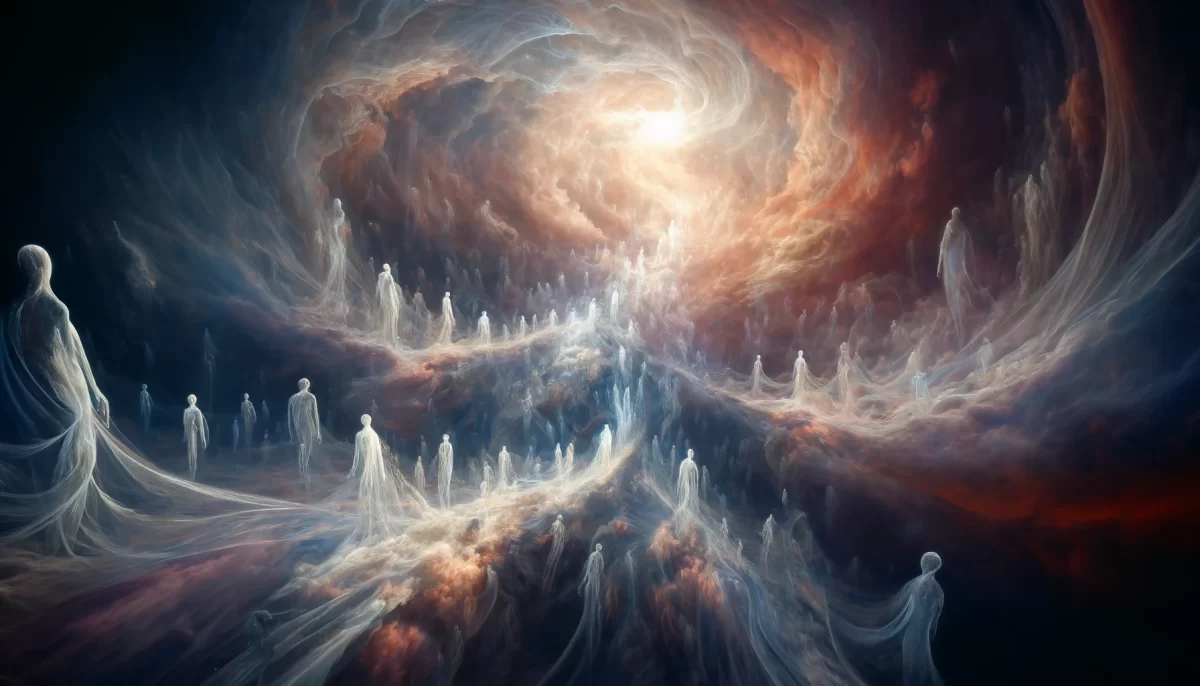
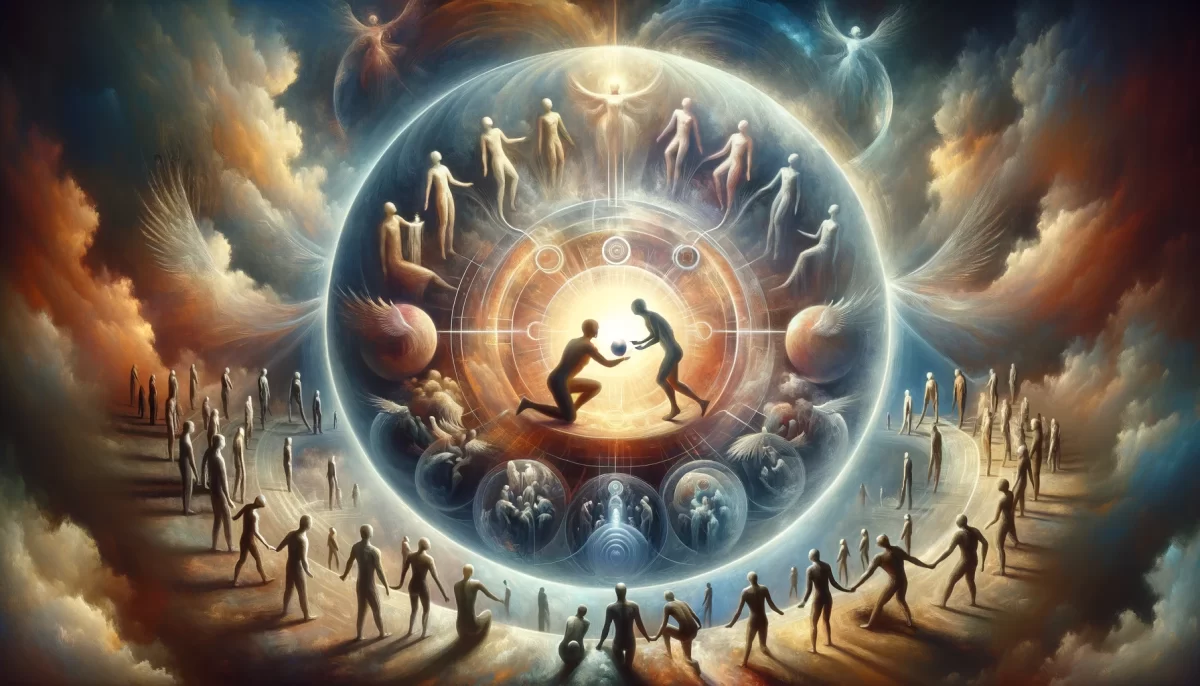

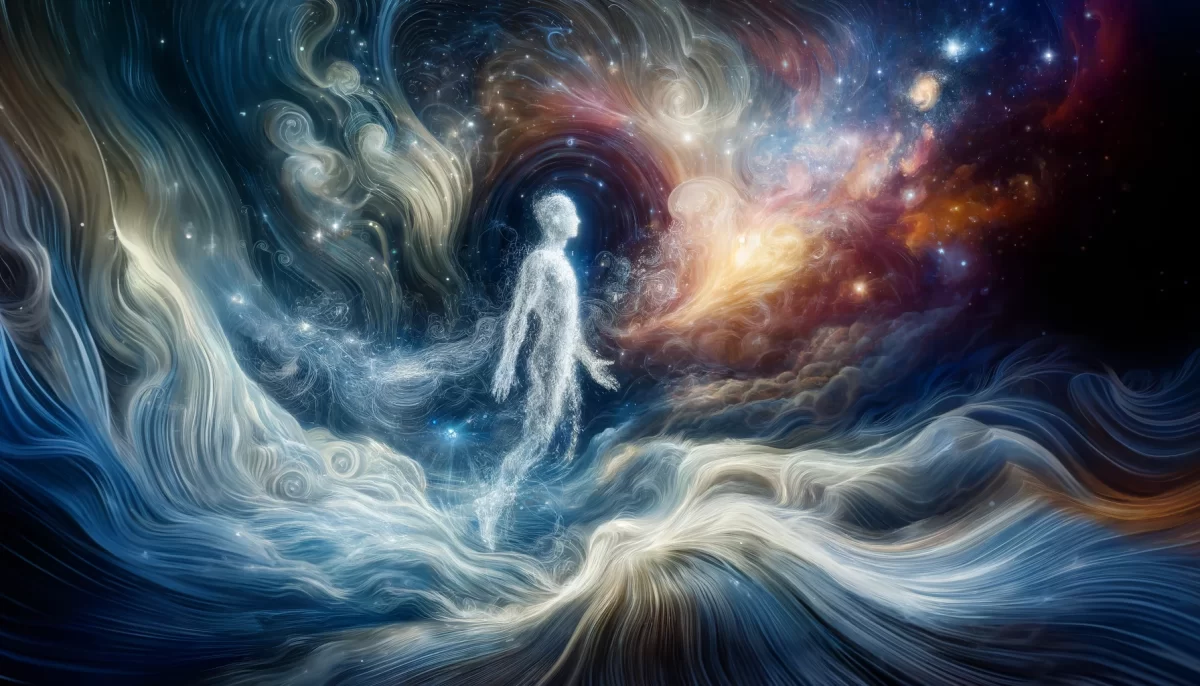
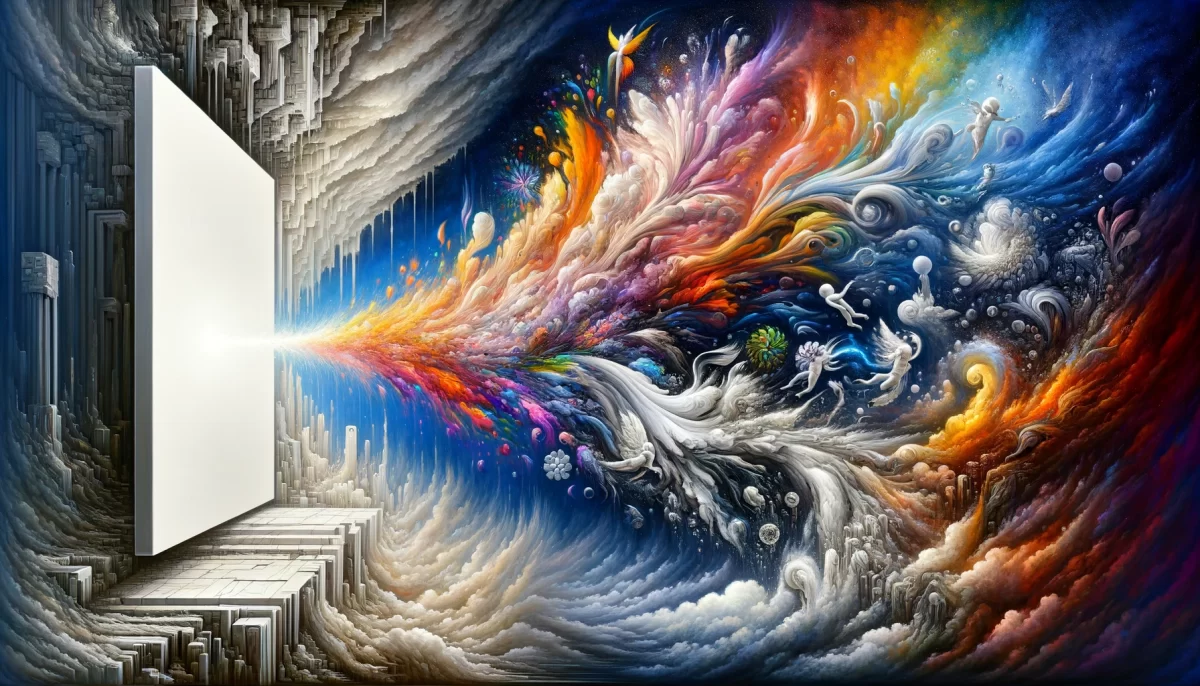
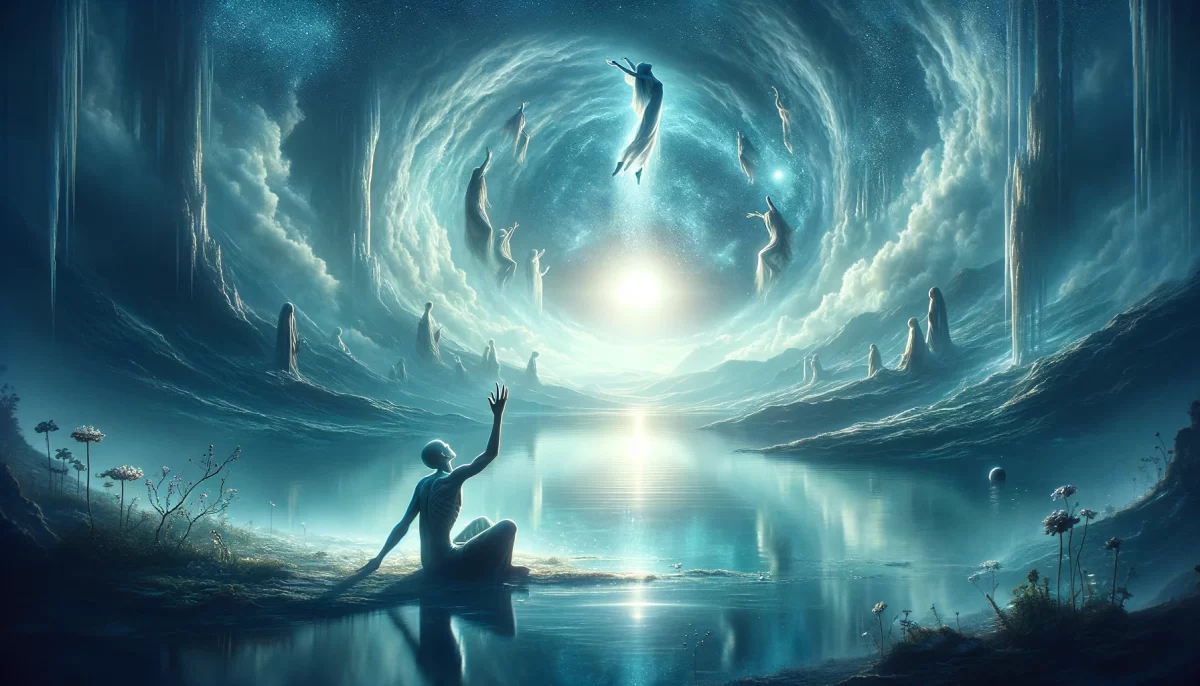

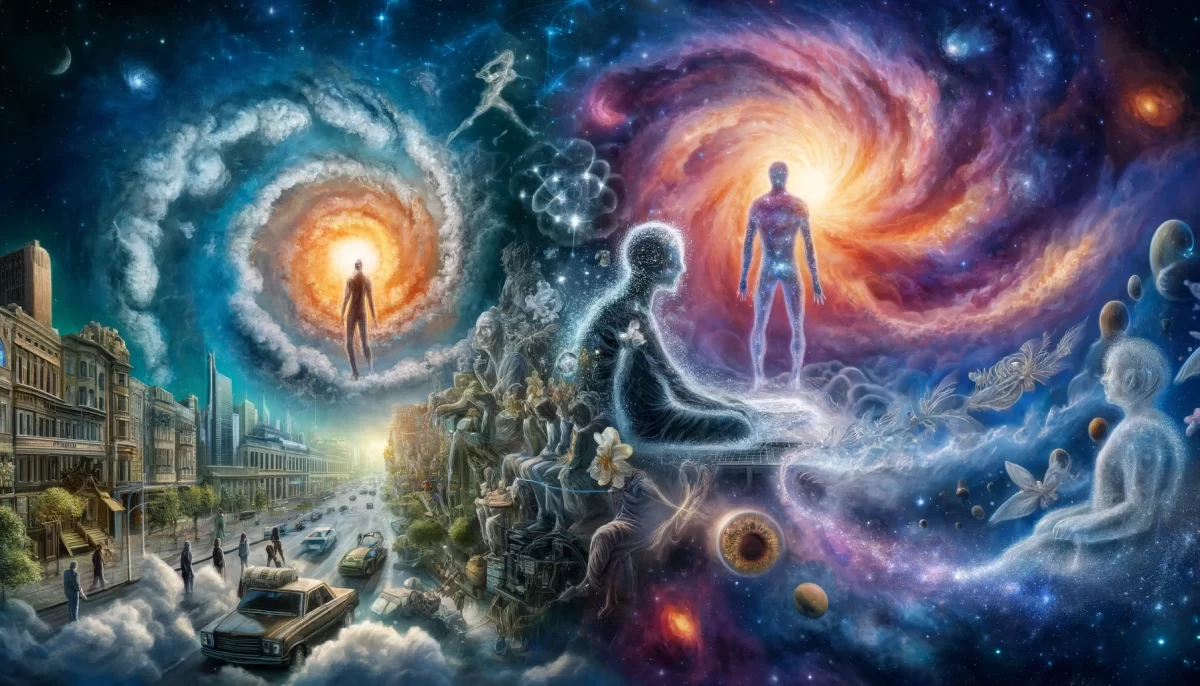

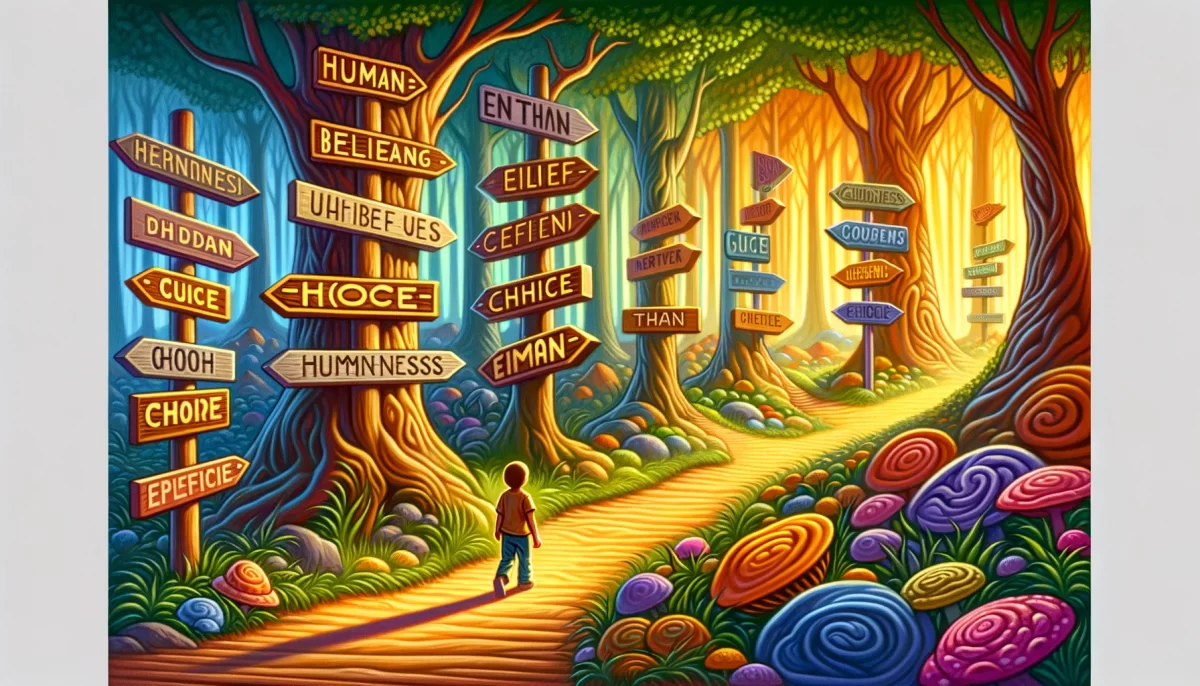
Leave a Reply